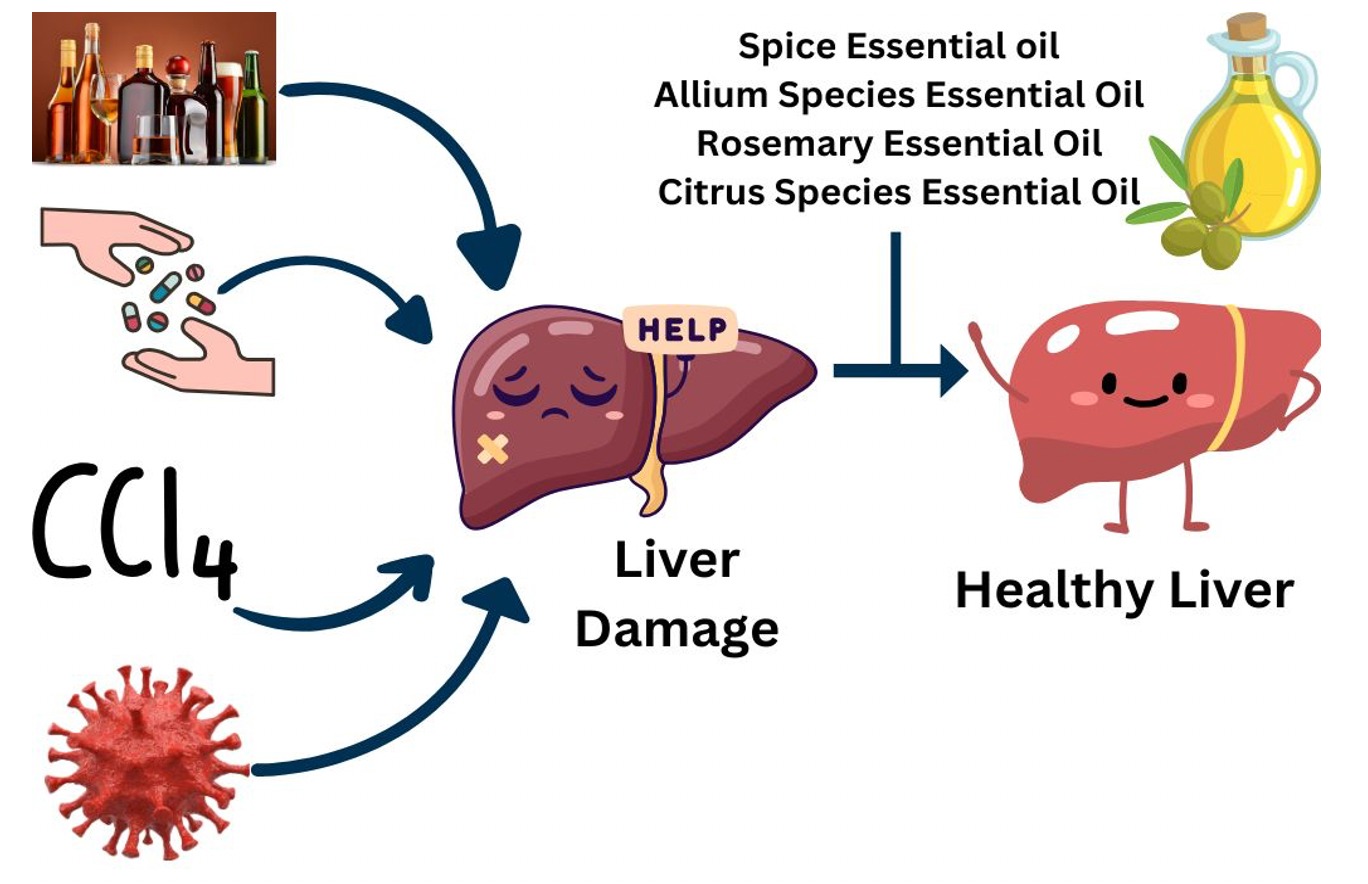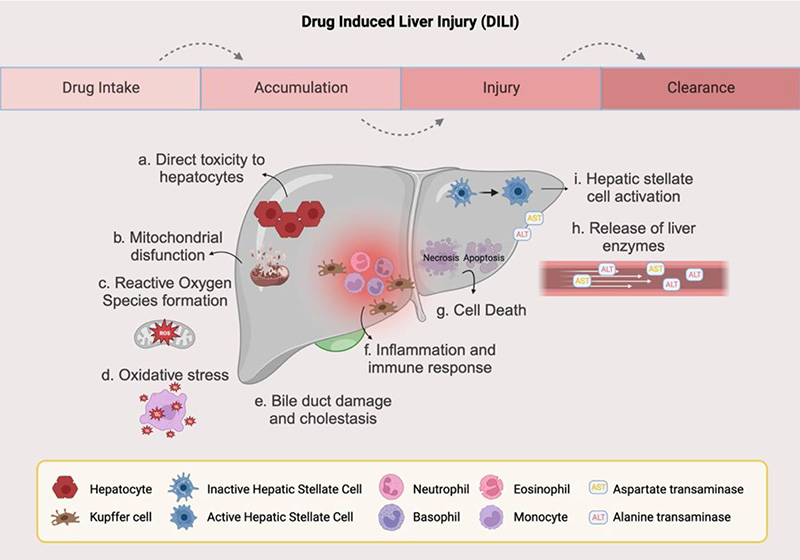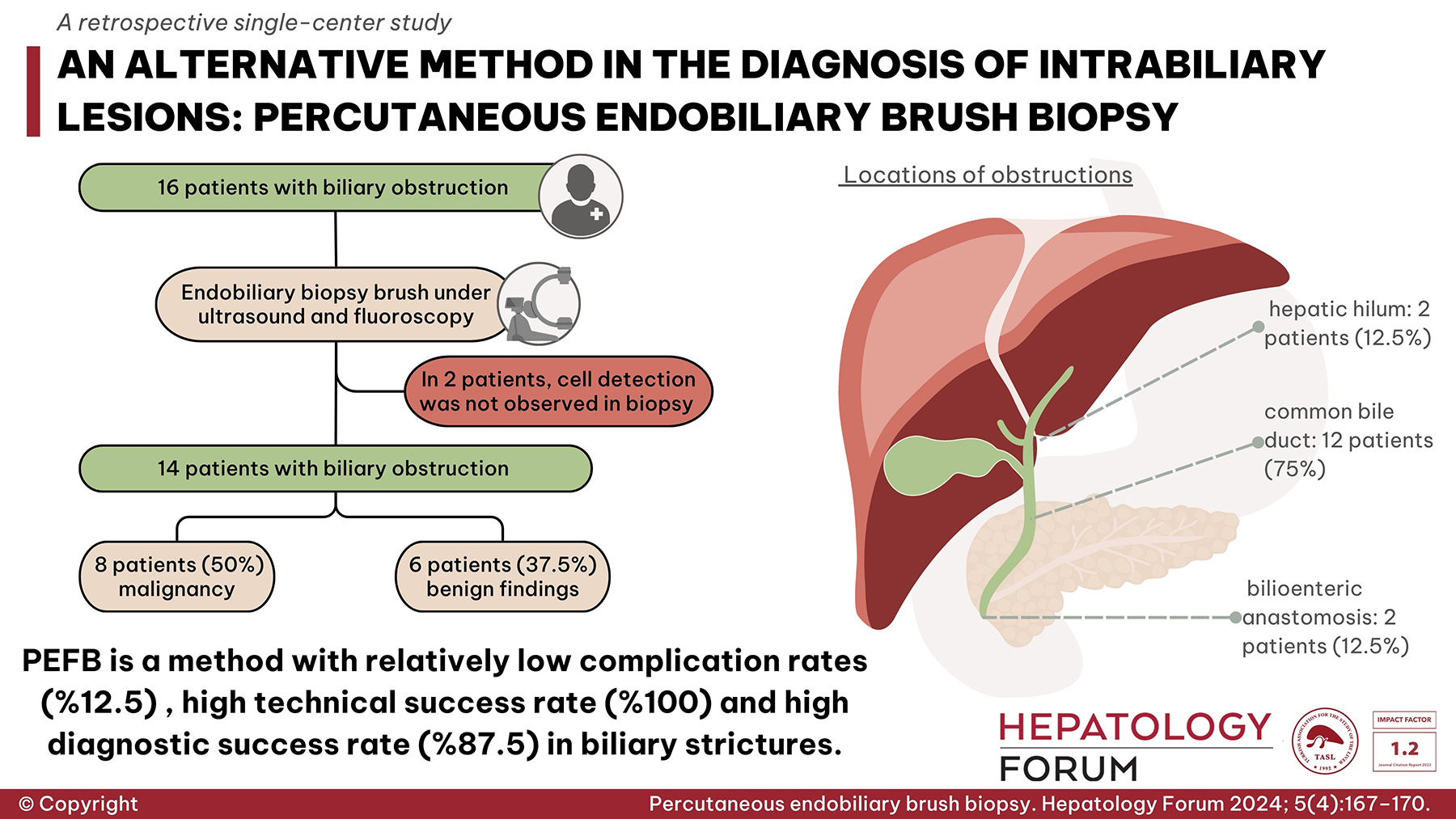2Division of Gastroenterology and Hepatology, Johns Hopkins University School of Medicine, Baltimore, MD, USA
3Brown University Warren Alpert School of Medicine School, Providence, Rhode Island, USA
Abstract
Drug-induced liver injury (DILI) is caused by various medications or herbals/nutritional supplements resulting in liver test abnormalities or hepatic dysfunction. DILI can be categorized as direct (intrinsic), idiosyncratic, or immune-mediated (indirect), and patterns of injury can be categorized as hepatocellular, cholestatic, or mixed injury. DILI is diagnosed after excluding other causes of liver injury. Cessation of the suspected drug along with supportive care is recommended for most DILI cases. In life-threatening situations, liver transplantation (LT) can be considered; however, the risks with LT and life-long immunosuppression should be considered. In this paper, we summarize the pathophysiology, diagnosis, medical management, and LT for DILI.





 Nazli Begum Ozturk1
Nazli Begum Ozturk1 









